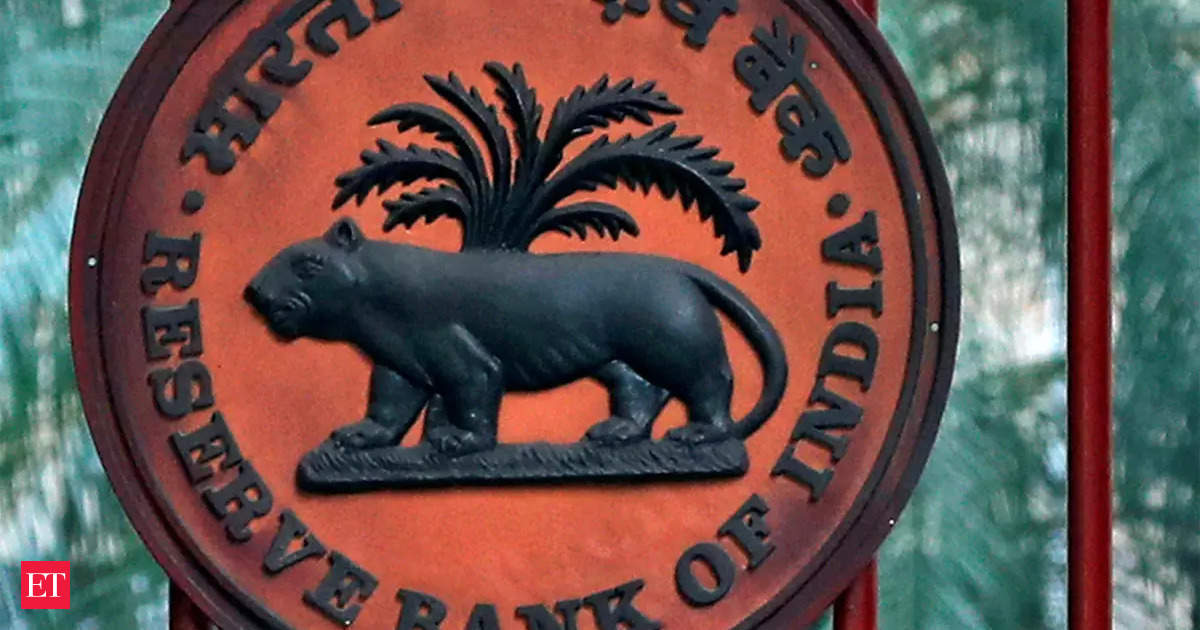While interest rates are spared of GST, the indirect tax is applicable on some of the other fees for services like processing loan proposals.
Banks have asked the tax authorities last month to spell out their stand on the issue, two senior industry officials told ET.
Compounding of Penalty
In accrual accounting, where the tax may be paid before the amount is collected from customers, banks, in many cases, would not be able to recover the extra tax paid to the government.
“This can be a problem. For instance, a bank or a non-banking finance company may charge a penalty of X amount, but subsequently reduce it following negotiation with the customer. However, since the GST is paid on X amount, the bank would not be able to obtain any refund once the penalty is lowered to X minus Y. Also, a loan account may become a non-performing asset with the borrower having stopped paying even the regular interest,” said a banker.
The new rule, which was announced more than a year ago and came into force from April 1, 2024, was brought in by the central bank to ensure “reasonableness and transparency” in disclosure of penal interest. Such charges, RBI believes, are not meant to be used as a revenue enhancement tool over and above the contracted rate of interest.It is settled law that foreclosure charges by banks and NBFCs on premature termination of loan are not leviable to service tax and the same legal position holds good under GST also, according to advocate Shailesh Sheth of SPS Legal. “Similarly, additional/penal interest levied on the delay in payment of EMI is also not leviable to GST as clarified by the Board by its circular dated June 28, 2019. GST is also not leviable on the interest charged by a bank to a credit card holder. However, the banks apparently do not wish to take any chance and want clarity from the government, though none is really warranted,” felt Sheth.
According to the directive, penalties can’t be levied by banks in the form of ‘penal interest’ that is added to the rate of interest charged on the advances.
Thus, banks have been told to refrain from a ‘compounding’ of the penalty. However, this change in nomenclature – from ‘interest’ to ‘charges’ have left banks wondering how it would be interpreted by GST authorities. A few banks are already accounting for GST on such charges.
“The possibility of such a levy of GST on penal charges crops up as charges are not included under a specific exemption list. However, it’s a challenge in cases of delays or failure of borrowers to meet terms and conditions due to genuine hardship,” said Mitil Chokshi, senior partner at the CA firm Chokshi & Chokshi.
PESKY CALLS
A fortnight ago, the banking industry also urged the Telecom Regulatory Authority of India (Trai) to give them adequate time before making it mandatory for banks and other service providers to take customer consent before inundating them with marketing calls and text messages.
In a move to curb ‘unsolicited commercial communications’, the telecom regulator has sought feedback from different industries.
While specific account-related messages and alerts would continue for the benefit of customers, consent must be obtained from each and every account holder for reaching out to them with various marketing offers like personal loans, pension products, home loans and FDs.
“Banks are unclear about how to go about it. Such emails, calls and texts are the main channels in marketing their products and cross-selling. Given a chance, banks fear a large number of customers would prefer stopping such pesky calls. It’s a challenge for the retail banking teams,” said a banker. “Banks clearly need more time to figure out the way forward and make a transition to a new marketing strategy,” said the person.
